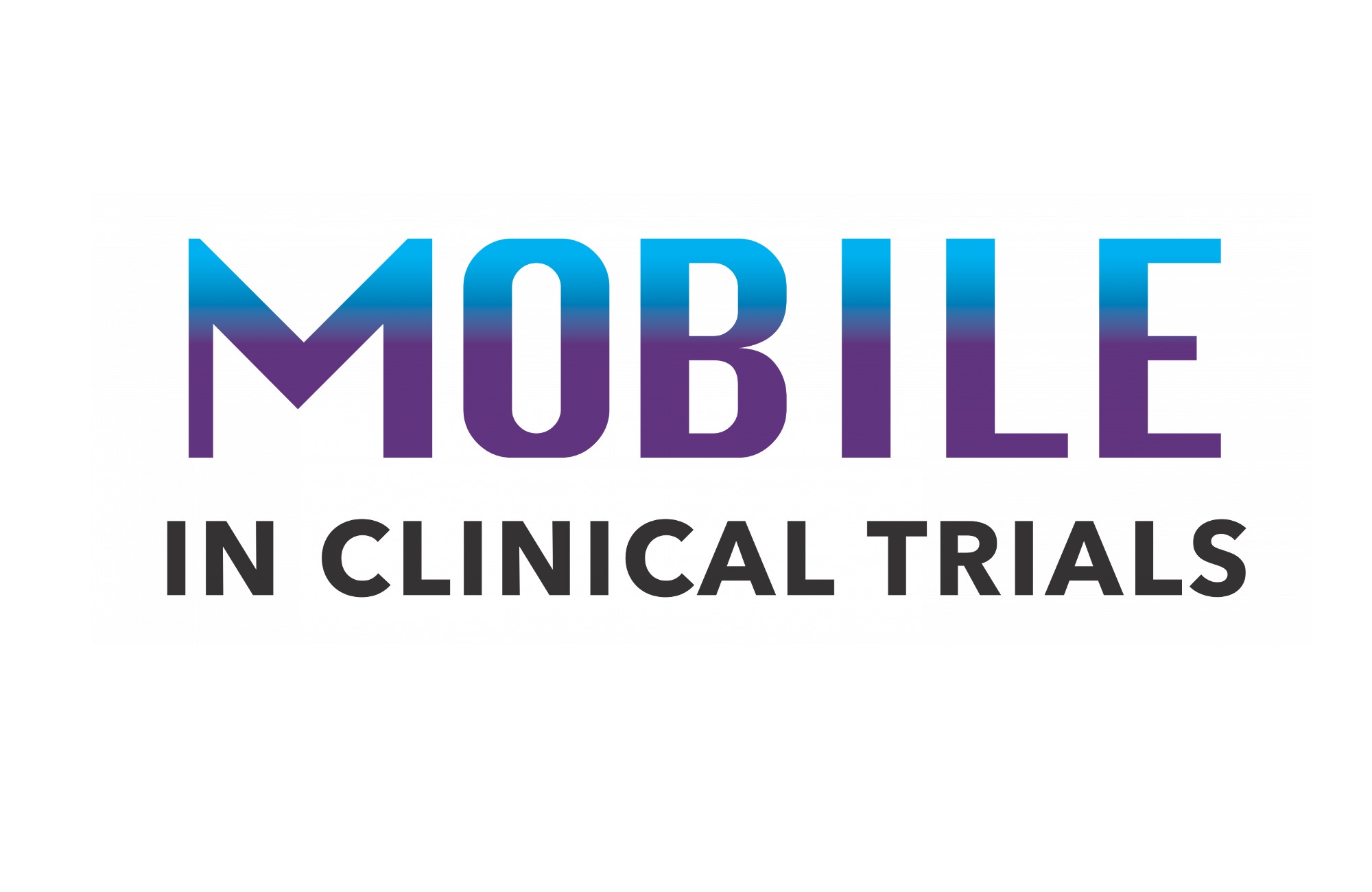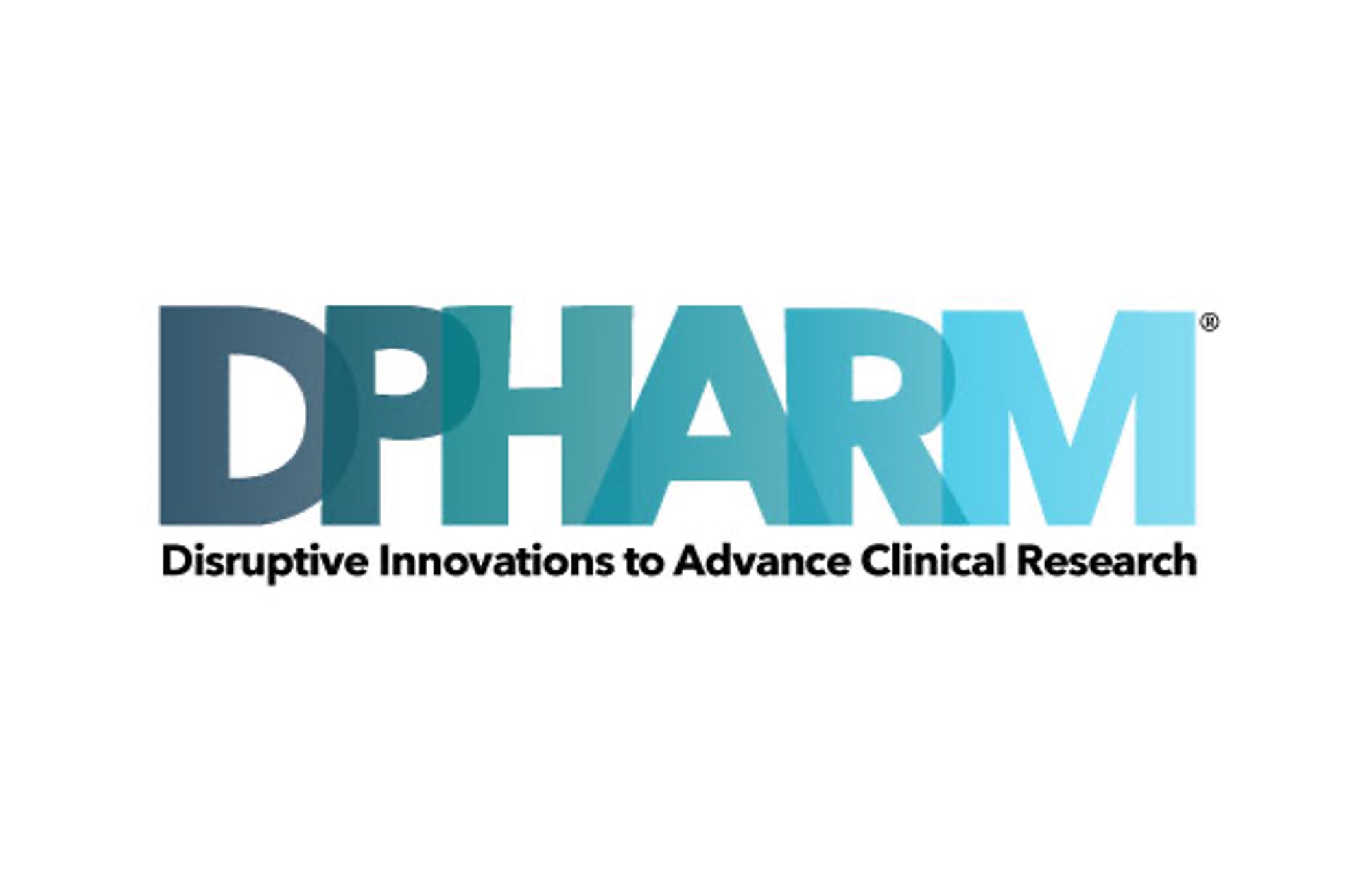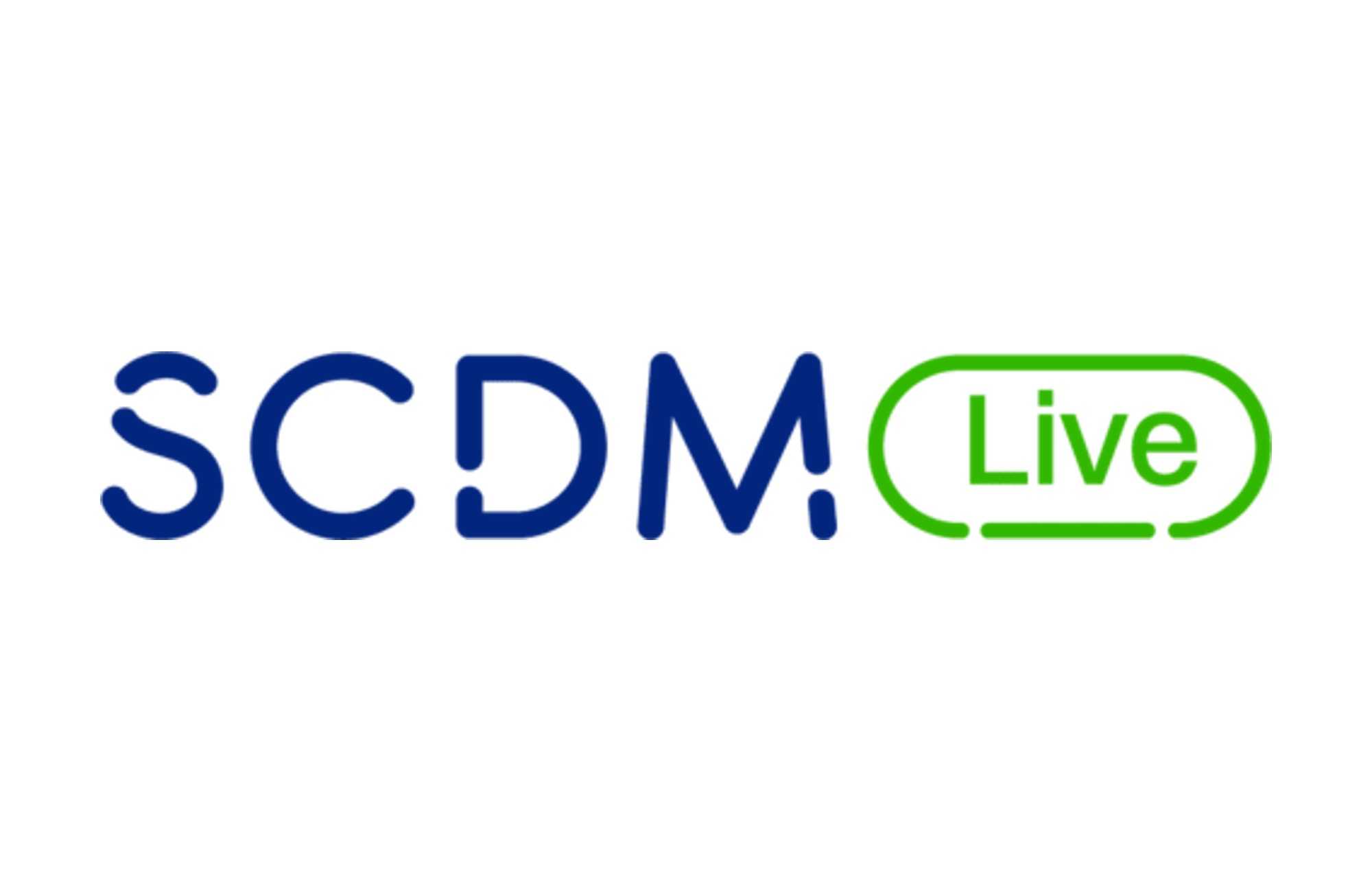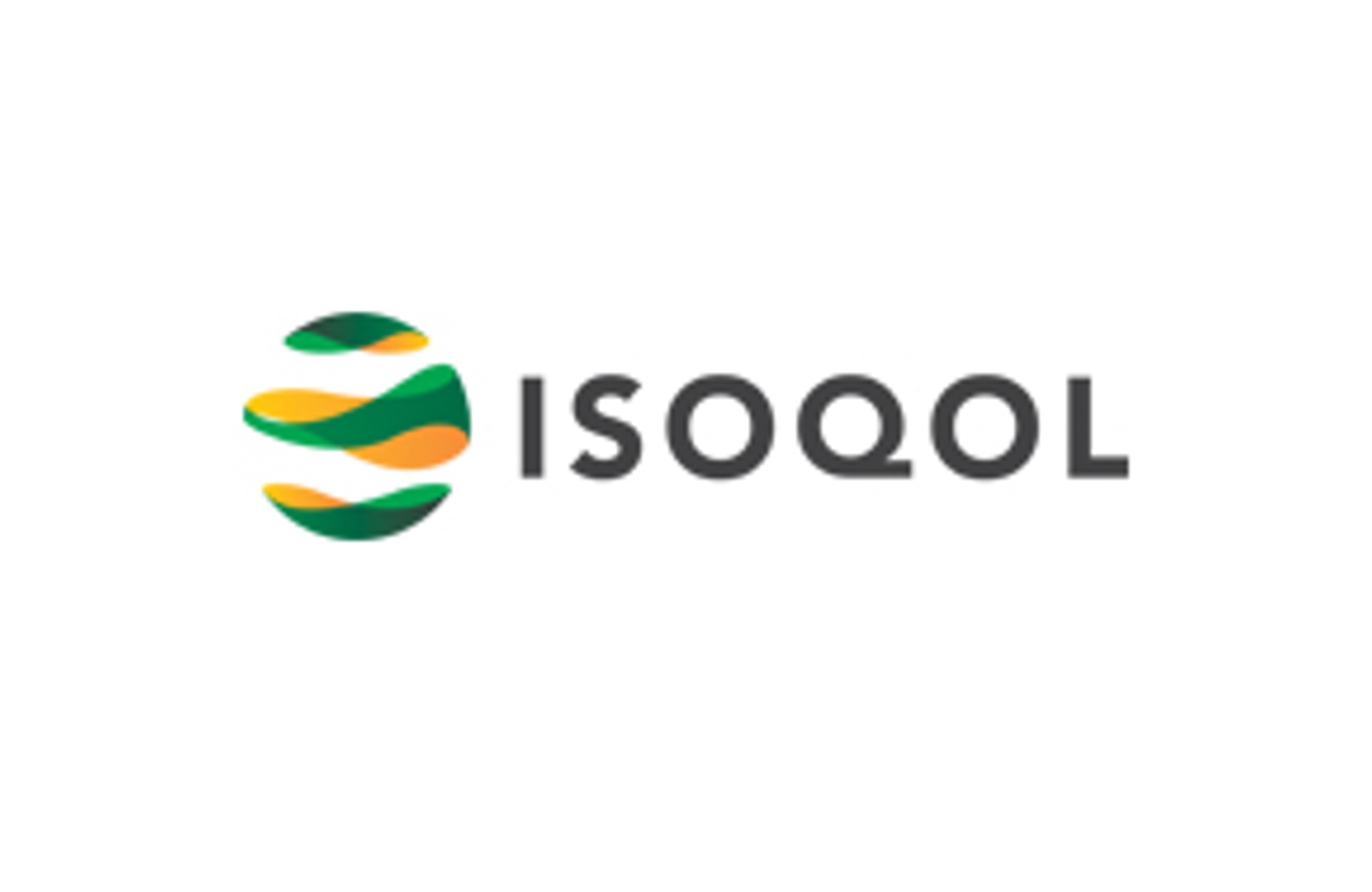During a clinical trial, in particular for late phase trials, it becomes increasingly important to be able to collect a large amount of data directly from the patient. Clearly, visits to the Investigational site are key and provide the opportunity for a regular follow-up with the study team. But some data can be collected on a regular basis by the patient him/herself.
The electronic Diary (eDiary) is more intuitive and less invasive than paper, providing a new option for Sponsors.
Improve patient engagement with eDiary data
- Currently, various devices can be used to capture eDiary data: smartphones are discreet whereas tablets give a bigger and more user-friendly screen interface for the completion of questionnaires.
- Patients would be expected to be more willing to carry the device, compared to paper documentation, and so better adherence to the study protocol would be expected. Patient engagement could also be improved, especially for younger patients who may be more attracted by the electronic devices than by their paper equivalents.
Optimize the completion of questionnaires in the right way, at the right moment
Moreover, the device will guide the patient through the completion of a questionnaire and the risk of completing the wrong questionnaire at the wrong moment is significantly reduced.In the eDiary, questionnaires can be implemented according to a pre-defined schedule, and so the electronic device will open the expected questionnaires at the expected time slot. In this way the Sponsor can implement more complex home sessions with less concern over patient error.

Enable the implementation of alerts
- Furthermore, electronic devices can be used to implement alarms to remind the patient to complete the questionnaires at the right time.
- The Sponsor and the Investigator can also remotely monitor the study data collected as the devices are connected to the internet. Thus, the transfer of data is almost instantaneous once entered by the patient. The study team can also be alerted if the patient doesn’t complete a questionnaire as expected and can then perform the necessary actions to limit the amount of missing data.
- As well as being used for standard Patient Reported Outcomes questionnaires, the electronic devices can be used to capture a wide variety of other data, including safety data and the consumption of the Investigational Medicinal Product, and can also implement other relevant study questionnaires. These data, received on a regular and ongoing basis, will probably be more accurate than if reported only during the visits on site.
Clearly, electronic data capture opens a wide range of possibilities for the collection of relevant data. In addition to the comfort gained by the patient, the Sponsor can easily ensure that the data collected during the clinical trial conforms to ALCOA* standards.
*ALCOA relates to data, whether paper or electronic. It is defined by US FDA guidance as Attributable, Legible, Contemporaneous, Original and Accurate
Yasmine Benabdillah, Kayentis’ Project Manager












